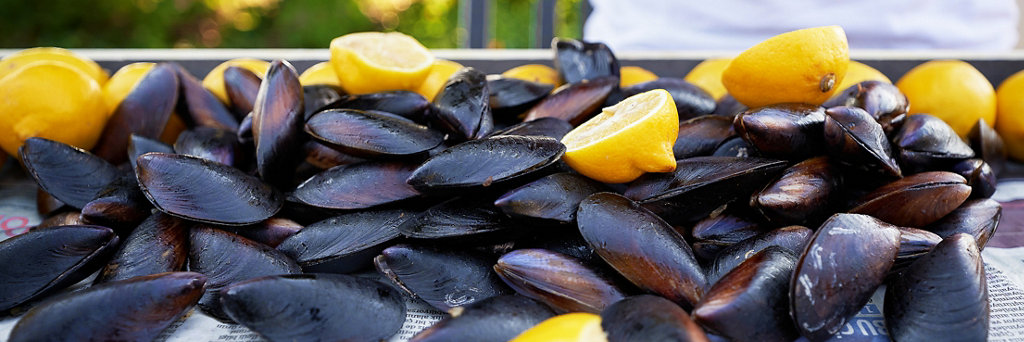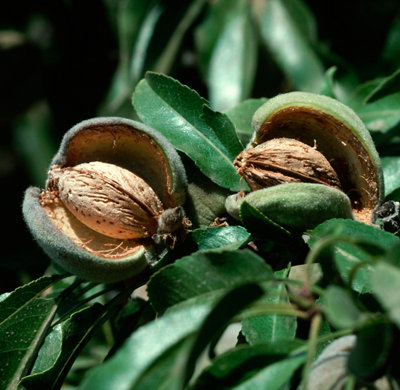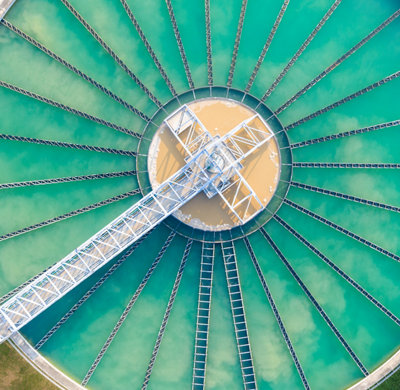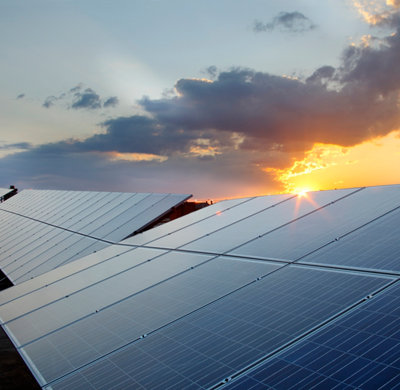How mussels pay your pension
Picture it…You’re heading to the east coast for a fun, family summer vacation. You’re strolling along the red sand beaches, waves gently splash around your feet as the kids collect sea shells. You pause and wonder – how is this helping pay for my pension?
Late last year, we put some mussel into our portfolio by acquiring PEI-based Atlantic Aqua Farms. We see long-term benefits from a few different angles:
- Shellfish aquaculture (think mussels, oysters and clams) is one of the most sustainable and eco-friendly food sources available
- There’s a growing hunger for healthy proteins, especially environmentally friendly seafood, and aquaculture production is well-positioned to expand to feed the growing population and demand
Investments in commodities provide stability during periods of high inflation
What’s good for your dinner table is good for the earth
Farming mussels and oysters is a natural, organic process. Ropes containing mussel socks and oyster cages are deployed on our farm sites in the sea, and the mussels and oysters feed off the plankton and other nutrients that naturally occur in the water. It’s a natural process that grows a delicious, nutrient-dense food product.
Here’s a few reasons why Atlantic Aqua Farms is such a good catch:
- First mussel company to receive a best aquaculture practices (BAP) designation from the Global Aquaculture Alliance
- Don’t require external feed or antibiotics to grow mussels
- Have met rigorous standards to receive Canadian Organic certification
Another plus? The carbon dioxide (CO2) output of aquaculture farming is a fraction of other forms of agriculture.
Mussels are catching on
People’s dietary needs and/or preferences are constantly changing. The growing middle class and westernization of diets in places like China and India are fuelling a hunger for proteins. This growing global demand for seafood and the fact that the market is also seeking healthier, environmentally friendly options all bodes well for the long-term future of aquaculture.
Our investment team canvassed the earth for an opportunity that would help meet this growing demand, while providing the best risk-adjusted returns. After researching the opportunities both on land and water, the team saw an opportunity to expand its food portfolio to include investments in aquaculture. We have a mandate to invest in sustainable organizations within the global food basket. Aquaculture fits this bill.
Not only is global protein consumption on a per capita basis increasing, but seafood consumption as a percentage of the overall protein basket is also increasing.
Shellfish aquaculture naturally uses low impact farming techniques, which allows for increased supply without significant environmental or social impact. It’s a degree of flexibility that simply doesn’t exist with wild catch or land-based agriculture.
Stability when inflation is high
When inflation creeps up, the performance of equities and bonds historically trends down. On the other hand, the value of commodity investments, like food, increases as inflation increases.
Adding Atlantic Aqua Farms to our portfolio helps maintain a balance during times of volatility or higher inflation. It’s fair to say that this water-based investment will help keep your pension on solid ground for the long term.
Atlantic Aqua Farms at a glance:
- Based in Prince Edward Island
- Sold at Costco, Loblaws, and Metro under the Canadian Cove brand
- More than 3,700 acres of mussel and oyster acreage
- Largest grower and processor of blue mussels in North America



